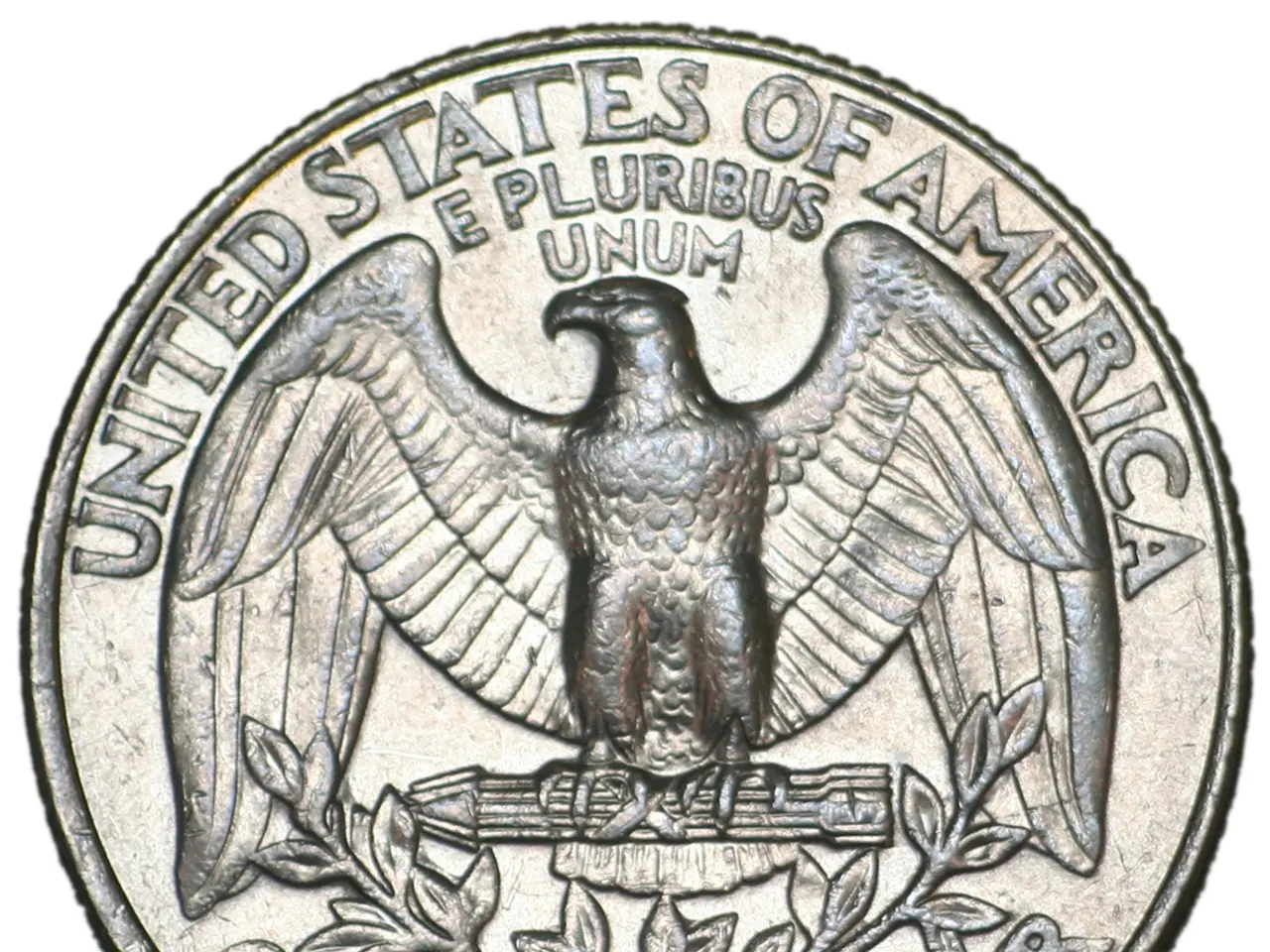Canadian lumber producers receive backing from Mark Carney amidst increased tariffs imposed by the U.S.
The U.S. Commerce Department has increased anti-dumping duties on Canadian softwood lumber to 20.56%, with countervailing duties set to rise as well, bringing the combined duties faced by some companies to over 34%. This move is a significant blow to the Canadian lumber industry, which exports the majority of its production to the U.S.
In response, the Canadian government has announced a $1.25 billion aid package to support the industry. This funding aims to buffer Canadian producers against the crippling cost increase resulting from the new tariffs. The package includes $700 million in loan guarantees and another $500 million in grants to make the sector more competitive and boost domestic processing and production.
Prime Minister Mark Carney has pledged to diversify international exports of Canadian forest products and has set aside $50 million to train and support lumber workers. Carney also committed to altering federal procurement processes to require that companies entering contracts with Ottawa use Canadian lumber.
The lumber dispute is a focal point in Canada-U.S. trade relations, reflecting deeper structural tensions over trade practices and market access. Canada continues to engage through Global Affairs and trade authorities to contest these duties in international forums and through administrative reviews.
Canada's strategies also include diplomatic and legal engagement. The prime minister has pledged to continue engaging in constructive trade negotiations with the United States in the pursuit of the best deal for both sides. However, Carney has not provided details about which tariffs he could potentially remove.
The relationship between Canada and the U.S. is complex, with different economic profiles, levels of integration, and a long-standing economic, defense, and security relationship that is perhaps the most integrated in the world. Prime Minister Carney has said that he is more focused on what he can control within Canada's borders than the uncertainties outside them regarding the trade dispute with the U.S.
Meanwhile, Ottawa's small entourage of officials, including Canada-US cabinet lead Minister Dominic LeBlanc, returned to Canada without reaching a deal in the ongoing trade dispute. Foreign Affairs Minister Anand and Finance Minister François-Philippe Champagne are in Mexico City to strengthen ties with Mexican President Claudia Sheinbaum and business leaders. Mexico, like Canada, has been engaging with the U.S. strategically and feels "no need to rush into" a potentially weaker deal.
Prime Minister Carney has not spoken to U.S. President Donald Trump recently and they will connect "when it makes sense" to do so. Carney's focus is to "preserve" and "reinforce" CUSMA ahead of next year's renegotiations.
This aggressive tariff escalation is the latest flare-up in a long-standing Canada-U.S. trade dispute spanning over four decades, primarily rooted in disagreements over softwood lumber pricing and market access. The U.S. has historically accused Canada of government subsidies that undercut American producers, and these tariffs are part of a broader protectionist strategy under U.S. trade policy.
The dependence on the U.S. market creates costly uncertainty and weakens the Canadian lumber industry's ability to weather downturns. Carney said in some cases, the best course of action is to remove tariffs rather than retaliating with more. This dispute remains a focal point in Canada-U.S. trade relations, reflecting deeper structural tensions over trade practices and market access.
- The media is closely following the escalating trade dispute between Canada and the U.S., particularly the increase in anti-dumping duties on Canadian softwood lumber.
- The Canadian government's response to the tariff hike includes a $1.25 billion aid package to support the lumber industry, with a focus on domestic processing and production.
- Prime Minister Mark Carney has vowed to diversify Canada's international forest product exports and has set aside $50 million to train lumber workers.
- Carney is also committed to altering federal procurement processes to require that companies using Canadian lumber in contracts with Ottawa.
- As the dispute continues, Canada and the U.S. are engaging in diplomatic and legal efforts to contest the duties in international forums and through administrative reviews.
- The Canadian government is also strengthening ties with other countries, such as Mexico, to counter the effects of the trade dispute and enhance overall economic stability.




